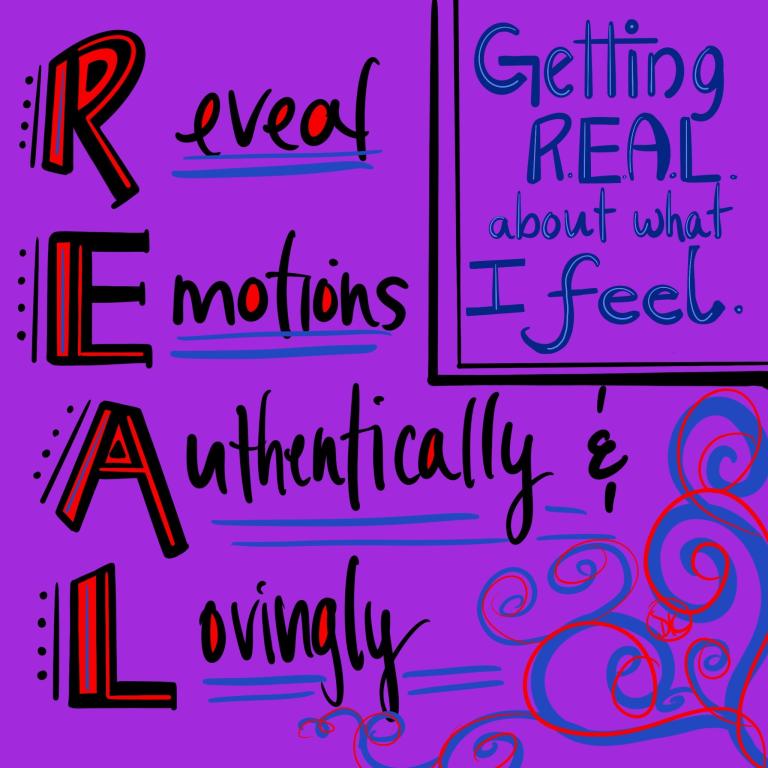
More and more people seem to awaken to the idea that part of our purpose in life is to find a way to liberate ourselves from the “false-self.” I recall the words of Eckhart Tolle and Richard Rohr, by their countless works, almost seducing me toward a similar idea. A mental liberation from the woes within. I am reminded of the countless stories I have been able to hear or read about that reveal individual experiences of what a journey like this is like. Some parts of the journey are utterly tumultuous. There are torrential confusion and lots of terror. But it’s a necessary destination stop toward conscious awakening. There are highs and lows in this journey, and the lows feel like utter darkness. As if there is no light in sight.
Cistercian priest Thomas Keating recapitulates a similar sense through the work of 16th-century Spanish mystic Saint John of the Cross. Presented in his book Invitation to Love: The Way of Christian Contemplation, Keating illuminates us to John of the Cross’s night of sense. A transition of awakening that invites us into freedom from the false self.
The First Sign of the Night of Sense
The first sign of the night of sense is a lack of satisfaction. Nothing seems to bring gratification in the sense that is fulfilling. Even though our faith may grow stronger, we may feel as if we have lost something. What could that be?
“God is beaming an increase of divine light into our inner world, but we do not have the receptive apparatus to properly interpret the experience. It feels like a great loss. What is lost? The free and easy exchanges that we had previously enjoyed with God as a result of fruitful reflection on the scriptures, reception of the sacraments, prayer, and the service of others.” (79)
It’s not just scripture or prayer that no longer penetrates. It’s not that service to others no longer provides us with any joyful feelings. Sometimes, food simply provides us with no taste and no real fulfillment other than to sustain us. A kiss with a lover is good but seems to be lacking a…je ne sais quoi. That glorious feeling we shared with the sunshine that once seemed so wholly invigorating and encompassing pales in comparison to what we know is to come when we are one with God. It’s not that no-thing can bring us satisfaction on any level. It’s just that we come to understand where our total fulfillment is derived from. Keating continues:
“The Holy Spirit infuses into our minds the insight that only God alone can satisfy our boundless longing for happiness. This positive experience is not a dissatisfaction with anything—pleasure, power, or security. It springs from the realization that no created thing can bring us unlimited satisfaction. In the light of this intuition, we know that all the gratifications we were seeking when we were motivated by our emotional programs cannot possibly bring us happiness. This creates a period of mourning, during which all the things that we had counted on to bring us happiness are slowly relativized.” (80)
I attribute the moments of ecstasy as a reminder that the summit of pleasure we experience is just a glimpse of the potentiality of the fullness we will feel when in the total presence of God. And just like the orgasm, which can feel like “a little death”—as the French say, our ego suffers a little death when we fall so quickly from climax to nothing-ness.
The Second Sign of the Night of Sense
“According to John of the Cross, the second sign of this growth in the spiritual journey is manifested by the fear that we are going backwards and that through some personal fault or failure we have offended God.” (79)
Sometimes, after believing we have found ourselves and God after we have come to realize that we are in a relationship with God and all created life, we let go of our dependence on routines and practices that brought us to this point on our path in the first place. A shift begins and we wonder if we are moving in the wrong direction.
Is this because we have discovered a new way to communicate with God and with the Universe? For some, it may feel like an end to the relationship with God. Keating says:
“What has ended is their overdependence on the senses and reasoning in order to pray. God is offering them a more intimate relationship; if they would not reflect on their anxious feelings, they would begin to perceive it. In this state we are like a baby being weaned from the breast…The night of sense is a period of weaning from the consolations that characterized the beginning of our relationships with God.” (80)
Once upon a time, we were introduced to a relationship with God in a particular way without much choice or full comprehension of the relation. But as we grow and evolve, we discover alternative ways to relate— sometimes more intimately— that don’t require the hoops and games that some practices prescribe. We relate to God differently and by choice. When we can choose how to relate to God, we then understand the importance of choice in relating to others, and we will notice a change in the way we relate to them as well. Many things begin to shift and change when we accept the growth that is needed for our relationship with God.
In my own life, I have come to see that I pray differently and for different reasons. I used to bring myself to tears with worry and fright each night when I prayed. I would beg and plead with God to keep my children, husband, and myself safe from so many potential threats. Every time I watched the news or obtained new, scary information, my prayers were more detailed: “Lord, protect my children from Influenza, from tyranny, from fascism. Lord, keep my children safe from the clutches of sex-trafficking.” I mean, I was specific and incessant.
My prayers and conversations are different with God. Instead of pausing to beg God to keep my family safe from the perceived threats of society, I have an ongoing dialogue with God throughout the day about the things that begin to weigh me down. When I notice myself feeling anger, outrage, jealousy, rejection, not enough-ness, I have a conversation with God about what I need to see about these patterns that remind me of something I might not be willing to let go of yet. I ask God to help me dig through the archives so that these feelings that surge when I am activated can be contained and concluded.
I am no longer satisfied with things that once satisfied me. I no longer believe in things I once was convinced to be certain of. I have also experienced a sensation that when I move away from reflection, I lean into old patterns and behaviors that do not bring about the overall well-being for myself or humanity as a whole.
The second sign as Keating writes, and like John of the Cross first formulated, reminds me of the scene in Genesis in which Adam and Eve are flung from the comforts of a particular and very dependent relationship with God. Were they being weaned from the breast of God? Were they being shown that there is a need to develop a new way to relate to God? Perhaps one that isn’t solely dependent on believing everything that God says is true, and finding out for themselves, similar to how our children do? Don’t our children know everything until they move out and discover that their parents might have been right? Of course, their pride prevents them from admitting that, at first. But eventually, just like humanity chooses God, our children will choose to relate to us in a new, developed way. One that isn’t solely dependent on our bosoms but on our choices to relate to each other as equals. Did God want us to understand that, as children to parents, there is an equality that unites us, even though there is a hierarchy that differentiates us?
Maybe God doesn’t want us to be so dependent on God?
The Third Sign of the Night of Sense
The third sign of the night of sense is identified as “the inability or disinclination to practice discursive meditation.” Keating continues:
“Discursive meditation, in which one ponders the teaching and example of Jesus, is generally prescribed as a preliminary step to contemplative prayer. Without the inclination to meditate discursively, the mind wanders far and wide. The will finds no benefit or pleasure in particular acts of love, praise, petition, or any other response to God’s gifts. Still, we desire to be alone with God, even though he seems to be a million miles away and to have lost interest in us.” (81)
In my experience, this is a rather aggravating sign at first. A good student, a true heart invested in a spiritual reboot ought to know how to focus on meaningful meditation, am I right? It can almost feel like a disappointment—the mind wandering about, refusing to receive the gifts of God, to see the beauty, to cherish all that is love. I perceive this to be the point on our paths where we are instead, focusing our attention on our quivering shadow self, the ego, clinging to the emptiness of our minds trying to force us to abandon the path and revert to our old ways. This is a very important stage in that we see our shadow and pull that sucker in and love on it as much as we can. That is how we integrate our spiritual with our psyche. We must learn to love the darkness within. Loving the darkness can seem like a misstep on the path to spiritual awakening. If we love the darkness, how can we love God? Perhaps this is why God feels so far away yet we desire God.
Those of us that commit to a spiritual journey experience the signs of the night of sense concomitantly. Meaning, if you only experience one sign without the other, or two signs without the third, one ought to consider that there could be some pathology such as depression, looming in the background. (81) This is important to consider, given the season our collective consciousness is currently transitioning through. Many people are feeling lost, a distance from God, a numbness to reality, and a lack of satisfaction in anything they pursue. Individually, this explains various phases in life, combined, this explains a spiritual transition in life that will enable us to reprogram the mainframe.
It is interesting, however, how Keating notes that the night of sense, though a “darkening of the usual ways in which we relate to God”, is more of an “infusion of his light and the assurance of his love.” I really appreciate the tension that John of the Cross strings together by way of the dualism of light and dark. Often, we believe that they are in opposition to one another. Here, however, we can see that both the darkness and the light are fundamental to this growth. Like a seed planted in the soil must first begin germination in the dark, to then reach upward toward the light; we must plant ourselves as new seeds in the dark and stretch to reach the light.











